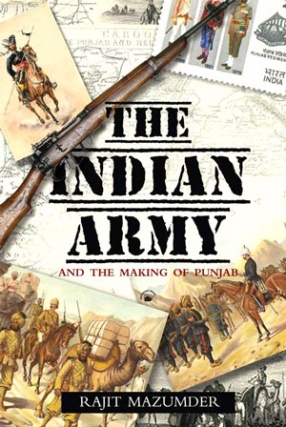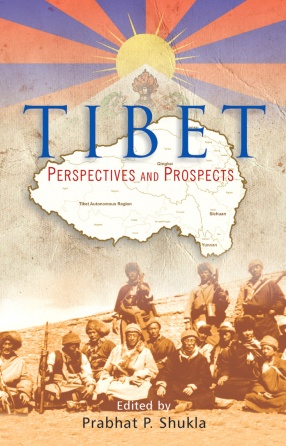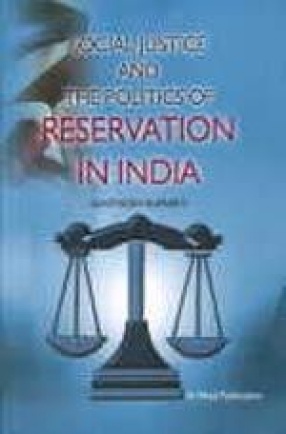A handful of Englishmen controlled the vast British Indian empire for nearly two hundred years. Throughout this period, the colonials who ran the empire (viceroys, bureaucrats, military men, police officers) constituted a minuscule minority of the Indian population. That a few thousand British men dominated so many million Indians for so long via ‘native’ collaborators (feudal princes, educated babus, peasant recruits) has long been known. This book looks closely at the Indian army in order to show precisely how collaboration worked to sustain a national empire and a local economy.
The British Indian army was the mightiest pillar of the empire. It protected the state from internal danger and external aggression, and it helped fulfill global imperial objectives. The bulk of this British Indian army was made up of Indian regiments, and, after 1857, the largest recruitment into this army was from Punjab. Rajit Mazumder investigates the social, economic and political consequences of the creation and existence of this native army. He argues that Punjab’s military significance resulted in a uniquely interdependent relationship between the colonial state and dominant elements within Punjab.
Two-fifths of the Indian army comprised Punjabi peasant recruits. The pay and pensions of these soldiers enabled the recruited classes to live better than their non-recruited counterparts. Punjab was favoured with other benefits: the creation of a vast transport and communications network to protect the north-west frontier grew into the infrastructure on which Punjab’s massive agricultural expansion took place.
The benefits that the province thus derived resulted in a loyalist politics that supported British rule. At the same time, ironically, the colonial state was unable to fully use its repressive machinery in Punjab, the province that provided the bulk of its army. The result was that a paternalistic colonial state and a militarized rural Punjab colluded in a mutually beneficial alliance, not encountered elsewhere in British India. Mazumder shows that colonialism was constrained and nationalism restricted as a consequence of the Indian army’s deep roots in Punjab.
This is a major work of historical research. It is indispensable to historians and sociologists, students of Punjab history and society, and the Indian army history.





There are no reviews yet.